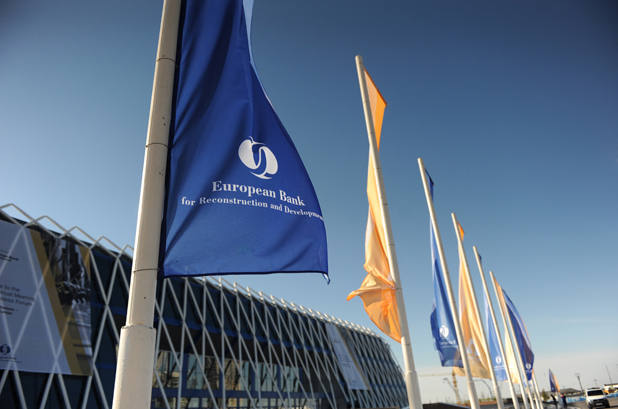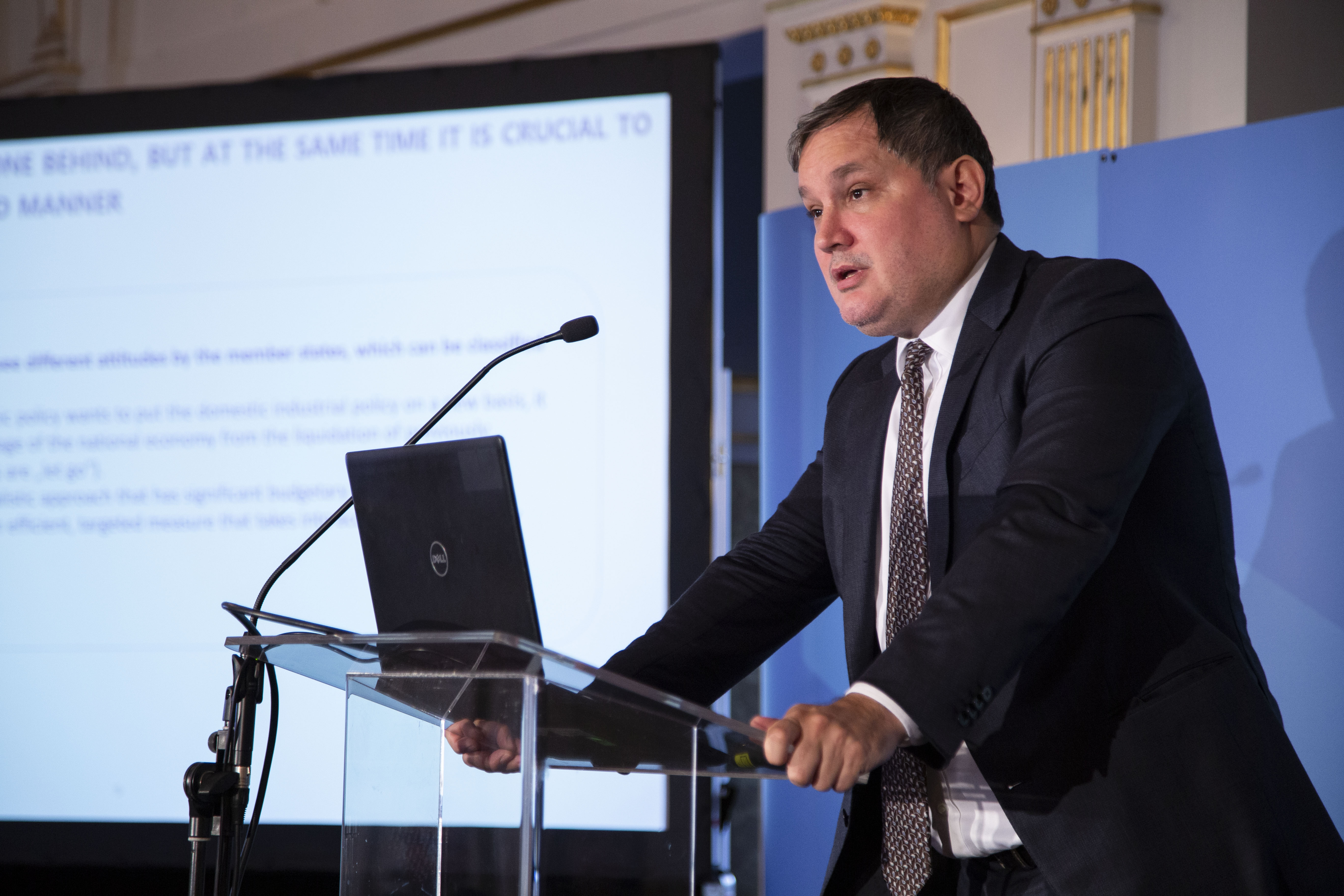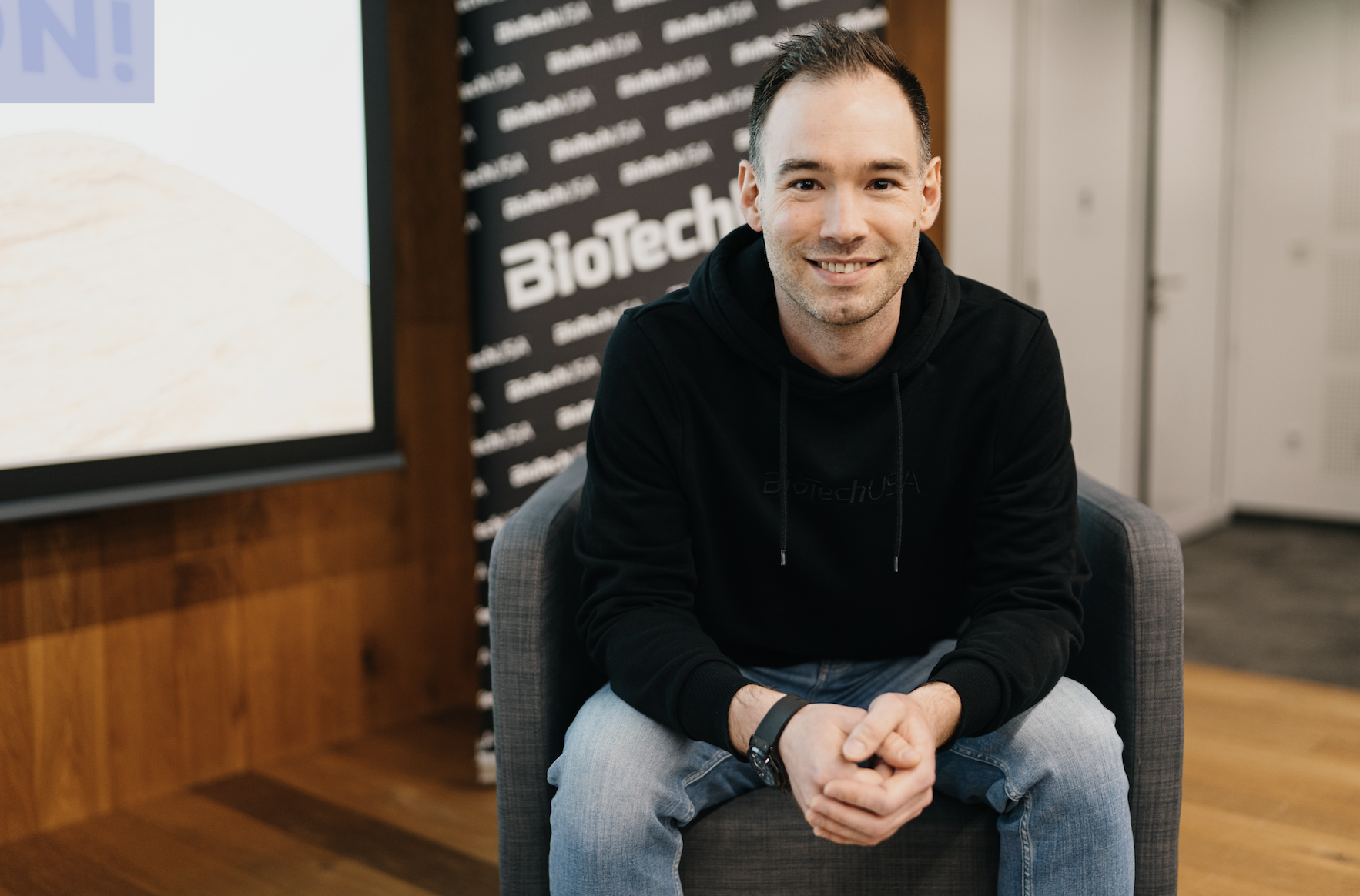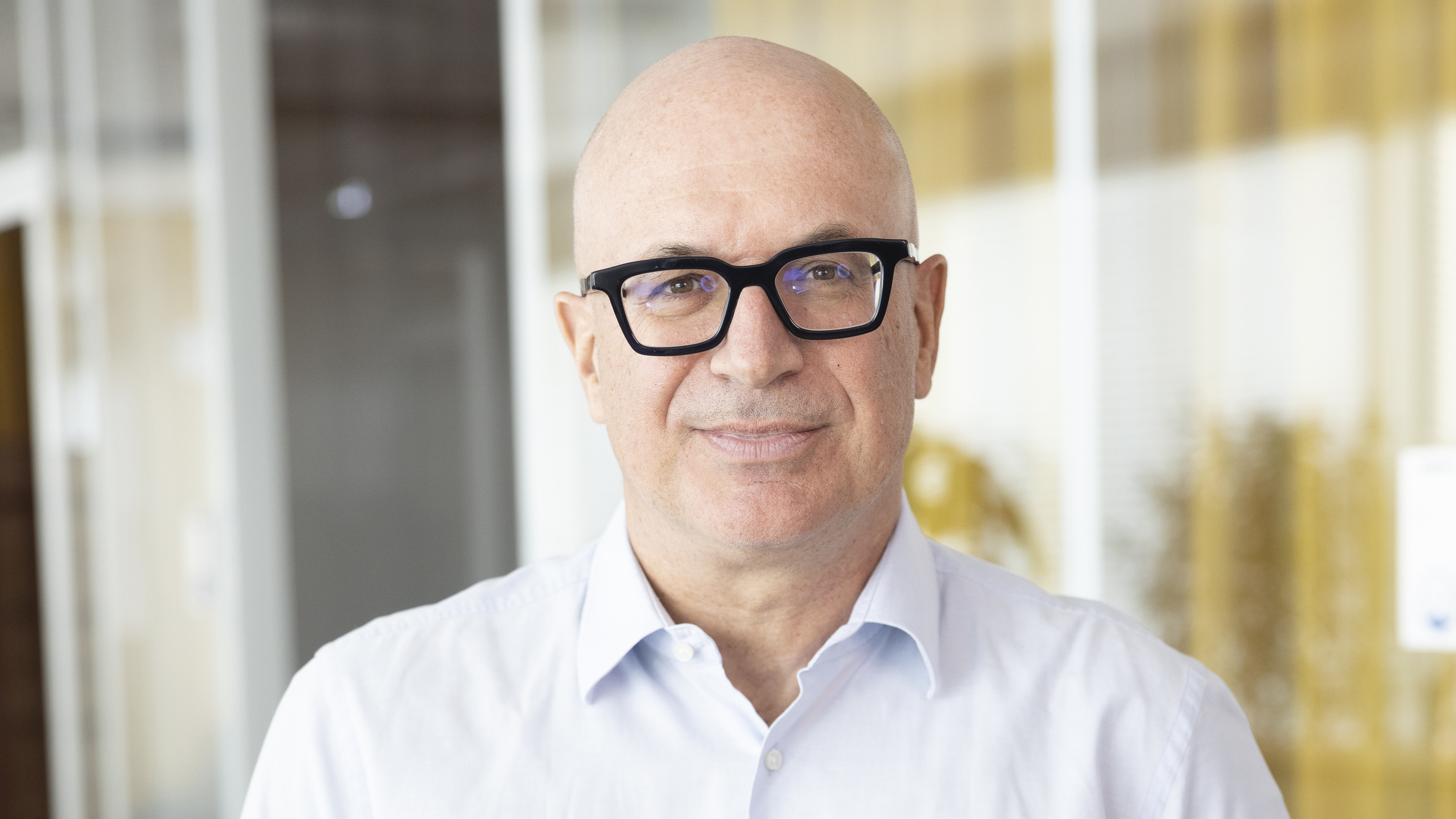Building a 5-star FM-PM Concierge Service

Gábor Nagy, CEO of ICON Real Estate Management
The ideal building management company combines both front- and back-end capabilities, like a mashup between a five-star hotel concierge and a back-office systems technician, says Gábor Nagy, CEO of ICON Real Estate Management.
“In my mind, property management is something like a concierge, and the facility management is like an expert, so the front- and the back end, but it should be integrated,” Nagy says.
Most of ICON’s competitors in Hungary historically focused on one core area, either on property or facility management when they were established. Therefore their other competence is usually just a complementary one, Nagy says.
“ICON’s approach is different. We believe that the synergy of both these fields results in a greater customer experience. It is like a finely engineered and smoothly operating system, where PM is the user interface, while FM provides the back-end and their combined expertise with the interaction between the two fields gives our customers a unique tailor-made ICON experience,” says the CEO.
The firm is a relative newcomer, founded in 2018, initially to manage the MOM Park shopping center and offices. The CEO says it was originally his idea to integrate functions within one firm but refuses to take all the credit.
“How we lead the company, it is not one big gorilla who knows everything, pushing all the ideas. This thing came from my mind originally, but it is quite different right now because all the members of the management, and the important people, the staff, put something into the idea and created it,” Nagy explains.
“If you impose a vision, it is not enough because in many cases, it doesn’t work. I think that it is always better to work together.” That philosophy applies across the board, he insists.
“Our company has more than 120 experts on staff, but we have a circle of 15 senior people thinking about the future of the business, so roughly one-tenth of the staff is part of the strategy. This is what I really need to see within a building as well; when a group of people is working together, it should be teamwork, continuously improving the processes and helping each other to work on that,” he says.
Talking of the future, Nagy is not one to believe that the rise of AI spells the end of work for firms such as his. A smart office can run efficiently and collect all the data it wants, but that needs to be interpreted by a human because a machine cannot know how it “feels” to work in a building.
“We have to use AI because the data can help us create the matrix, understand the situation and simplify the setup. But, it needs a human being who understands what the tenants and owners need,” he points out.
Education is Key
“And there is another interesting thing. You can create a building that is high-end, smart, and ‘knows’ everything, and you can offer perfect services for the common areas, but it is still not enough if the tenants are doing something else in their areas.”
Put it another way, education is critical. FM staff needs to be able and willing to speak to tenants to show them how to get the best out of the building’s facilities. Gamification is another means to this end, Nagy believes, setting up competitions between building tenants to see who can use their systems most efficiently or collect the most selectable waste.
And this will likely be necessary until today’s teenagers and the often much-maligned younger generation join the workforce en masse.
“Then it won’t be a question of education because they will bring the mindset. It is the oldies like us who need to adapt!”
In his time at ICON, Nagy has never known a period that was not exciting, but through it all, the firm has continued to win tenders, manage buildings and grow.
“When I joined the company, it was in the middle of COVID, when it sometimes seemed business would stop. But on the other hand, it was the time when many actors in the market started to rethink their business structure. And I was also surprised, but we saw many tenders at that time,” he recalls.
“There were opportunities to take, so we jumped in and started to build, step by step. The most significant decision from this period was when we bought CD Hungary’s facility management business line and, overnight, became a complex service provider.”
Vibrant Growth
At the time, ICON was less than three years old as a company but with more than 20 years of experience among its management and staff. Nagy describes it as a “vibrant” period, with people joining from multinational firms and CD Hungary.
“This colorful structure is in our DNA. Companies can say so many things about their assets, but for ICON, we had little to show, just the experience and knowledge of our colleagues. And as we started to show our capabilities, our main partners asked us to manage more properties. In the end, you can see the numbers. We started showing what we know and how we could manage situations, and tenders kept coming. The latest was last month, and from May, we will provide the facility management of DunaPart Downtown,” Nagy says.
One thing is clear: Sustainability will be front and center of everything. Regulations like the EU Taxonomy will demand ever greater compliance, and ESG will become increasingly important. Listed companies are now subject to EU-wide ESG reporting requirements; by 2026, this will also apply to mid-size SMEs in the EU. Non-ESG compliant finance will become prohibitively expensive. Investors will find it ever harder to sell buildings that aren’t certified and won’t be interested in putting their money into anything else.
Perhaps, above all, tenants will need sustainable buildings to satisfy the requirements of their staff and, crucially, retain them.
“I completely agree,” Nagy confirms. “A friend told me, ‘Gábor, retention is the new recruitment,’ and I think he is absolutely right.” We are not yet at the point where ESG determines all, but we are on the path to it.
“What we can experience is that, beside ESG, the cost consciousness and energy consciousness will be more and more important,” Nagy explains.
“When supply is still growing in the office market, but demand does not keep up, like now, the occupancy rate is not as good. Landlords are interested in offering better quality services. And tenants are looking for decent cost and service balance at the end. So, the quality of the property and facility management services could become significant. There are tenders every quarter and opportunities for more growth.”
This article was first published in the Budapest Business Journal print issue of May 5, 2023.
SUPPORT THE BUDAPEST BUSINESS JOURNAL
Producing journalism that is worthy of the name is a costly business. For 27 years, the publishers, editors and reporters of the Budapest Business Journal have striven to bring you business news that works, information that you can trust, that is factual, accurate and presented without fear or favor.
Newspaper organizations across the globe have struggled to find a business model that allows them to continue to excel, without compromising their ability to perform. Most recently, some have experimented with the idea of involving their most important stakeholders, their readers.
We would like to offer that same opportunity to our readers. We would like to invite you to help us deliver the quality business journalism you require. Hit our Support the BBJ button and you can choose the how much and how often you send us your contributions.











